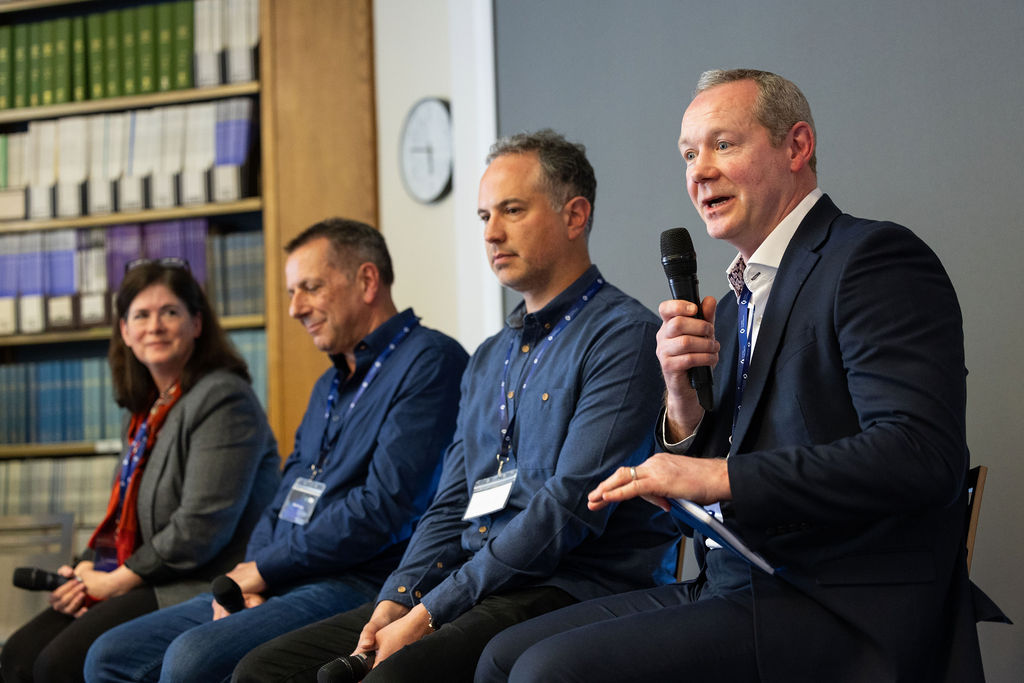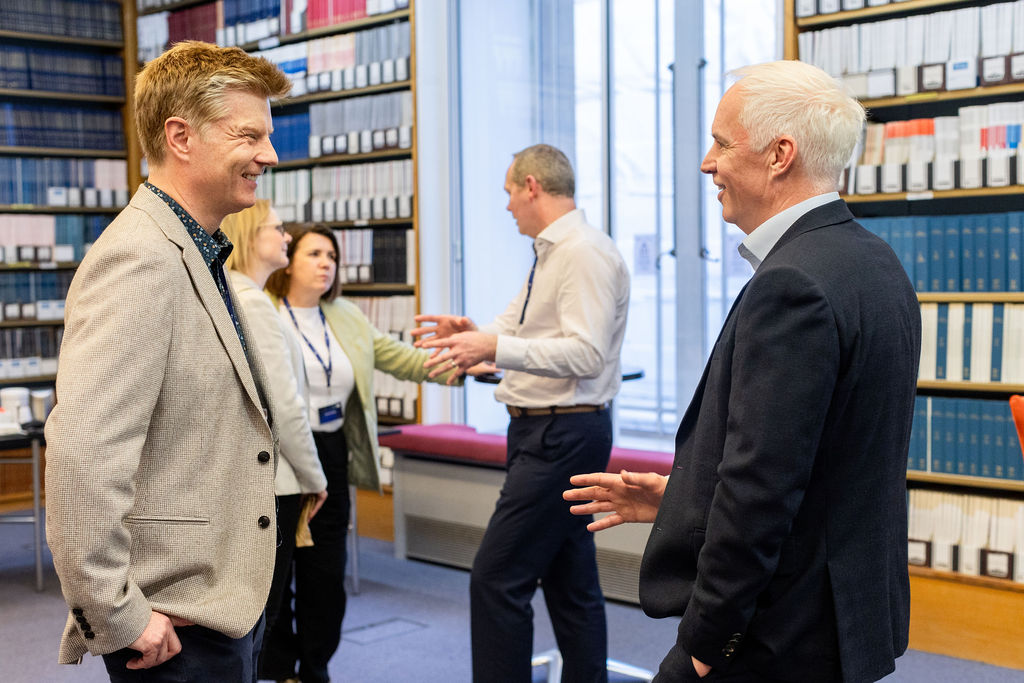
Insight Life Science
Culture clash or synergy? Managing UK–US teams in life sciences
July 14th 2025
As UK life sciences and medtech companies expand into the US, managing cultural differences becomes just as important as setting up legal structures or securing funding.
At a recent CXO event at the Royal Society of Medicine, panellists explored the subtle and not-so-subtle cultural dynamics that can make or break a transatlantic business.
The message was clear: shared values matter, but expecting identical cultures is a mistake.

Same language, different norms
On the surface, the UK and US share a language and a strong historic relationship. But when it comes to workplace culture, the differences can be profound. As one panellist noted with a smile, “Maybe the British want to believe in the ‘special’ relationship more than Americans, who are more focused on whether a deal is favourable.”
Take coaching, for example. In the US, having a business coach is often seen as a sign of ambition and commitment to personal development. In contrast, in the UK it can still carry a faint stigma. “In the US, it’s a sign of self-improvement… In the UK, people ask, ‘I thought you said you know how to ride?’” one panellist joked during a discussion about having a hobby coach.
“Maybe the British want to believe in the ‘special’ relationship more than Americans, who are more focused on whether a deal is favourable.”
Performance and people management in Life Sciences
Approaches to employment also differ. The US operates on the principle of “employment at will,” which can be a cultural shock for UK-based leaders. While it allows for flexibility, it also requires a nuanced understanding of contracts, notice periods, and employee expectations. The panel noted that setting out to be “a good employer” from day one helps bridge these differences.
Reward structures are also handled differently. In the US, performance incentives, especially for sales roles, tend to be more aggressive and tightly linked to results. Understanding these expectations and adjusting compensation packages accordingly is key.

One company, two cultures?
Trying to enforce a single, global company culture can be counterproductive. Will West, CEO of CellCentric, shared his view that culture should be “fit for purpose in each location but rooted in shared values and focused on a common strategy.”
This approach allows teams to operate effectively in their own environments while still feeling connected to the broader organisation.
“Culture should “fit for purpose in each location but rooted in shared values and focused on a common strategy.”
Final thought
A unified culture isn’t about identical behaviours, it’s about alignment on mission, values, and goals. As the panel concluded, success in managing UK–US teams depends on “recognising and responding to similarities and differences,” and investing time in communication, trust, and adaptability.
In today’s global life science sector, cultural fluency is as critical as clinical expertise.







